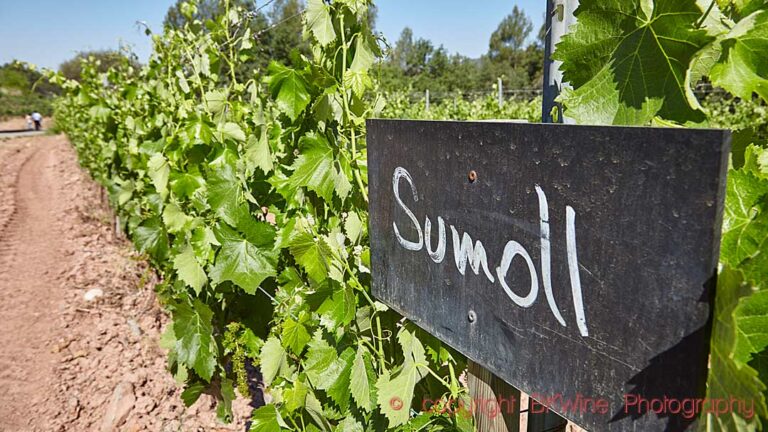

 Has organic lost momentum? What counts now is sustainable?
Has organic lost momentum? What counts now is sustainable?
The trend towards organic wine has lost momentum. More and more producers choose to be “almost organic” in order to be able to use non-organic pesticides in difficult years. Today, the producers rather focus on being sustainable than on being organic. Organic is a bit “outdated”.
We have both heard it said and read this a lot lately.
Is this a good description of today’s trends?
No, it doesn’t match the reality that we see. It does not match with what wine producers tell us and does not match with the statistics.
Organic is just as big a trend today as before. In ten years, France has tripled its area with organic vineyards. 2017 (the latest numbers) saw a big increase. The same development can be seen in most other large wine countries. Some statistics here. The forecast is that the development will continue at the same rate.
Even the big (and somewhat traditional and old-fashioned) chateaux in Bordeaux focus more and more on organic. Chateau Pontet Canet was a pioneer. Recently, Bernard Arnault, the owner of Chateau d’Yquem, said that they aim to become organic. And biodynamic. Arnault also controls 22% of the production in champagne and 46% in Cognac (which, after all, originates from wine) so his influence cannot be underestimated.
On a smaller scale, we see the same development among the approximately 200 different producers that we personally visit on our travel and tours each year. More and more become organic. (And sometimes biodynamic.)
So, no, organic is not “out”. Not at all.
Rather, what is happening is that “sustainable” has become a parallel trend. Not as a replacement but as something additional. Which is good.
To maybe over-simplify (which can be dangerous), one can say that organics is about the very local environment and above all about which products and techniques one can use in the vineyard and in the wine cellar, while sustainable (which can be quite diffuse and ill-defined) often involves resource use and biodiversity. The one does not replace the other. Instead they complement each other.
Organic continues to grow, and is an important trend in the wine world, at least in the wine world that we see.
If you want to know more about all this, then you can read our book on organic wines, sustainable, biodynamic, and natural. Perhaps the only book that really explains exactly what it is.
Now a few things about travel!
There are a few places left on the autumn wine tours, though not all. Have a look and book your wine tour this fall.
It is also high time to think about the winter, if you yearn to avoid the winter darkness and the cold for a few weeks and instead want to enjoy good wines and good food in the sunshine.
South Africa is thrilling, a wonderful wine country that unfortunately suffer from very negative (political) press recently, but a wonderful wine country to visit. Join us there in February and experience everything they have to offer in this beautiful country.
New Zealand is a breath-taking travel experience. Magnificent landscapes and magnificent wines. Not quite as one would imagine. Better. Join us there in March.
If you are instead tempted by Chile-Argentina then it may be good to know that there are only a few places left. Don’t wait, book now.
Join us on one of the BKWine wine tours. We make wine tours for you, to give you a memory for life. Special tours to special wine producers with outstanding wines and gastronomy.
More on the wine tours in the Brief.
Enjoy the Brief.
Britt & Per
PS: Recommend to your friends to read the Brief !
[box type=”alert” size=”large” style=”rounded” border=”full”]This is just the introduction to the latest issue of the Brief. Subscribe to the BKWine Brief and you will get the whole edition in your mailbox next month.[/box]









